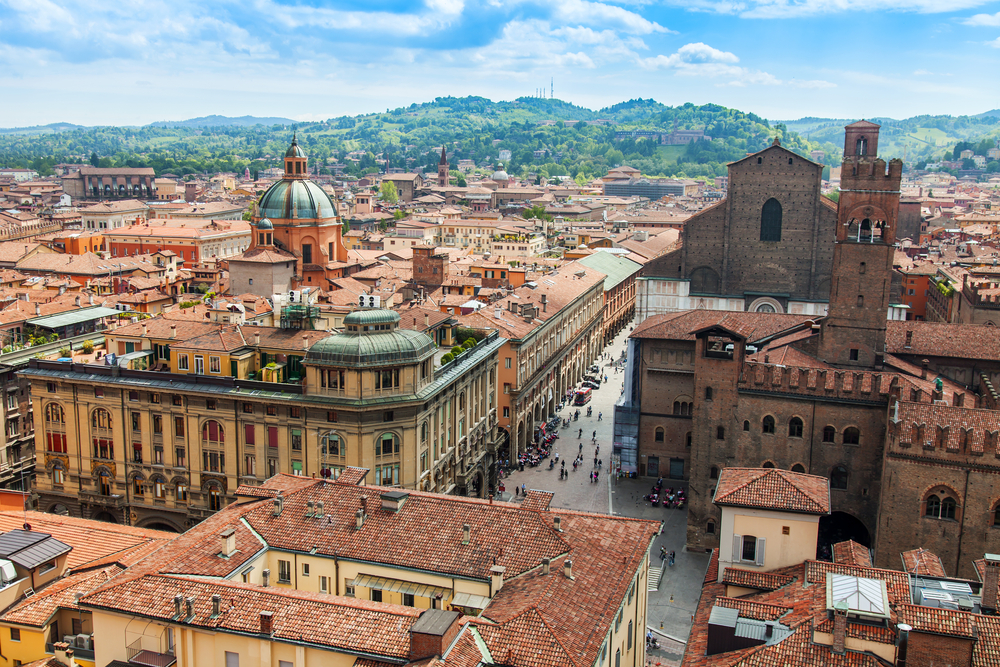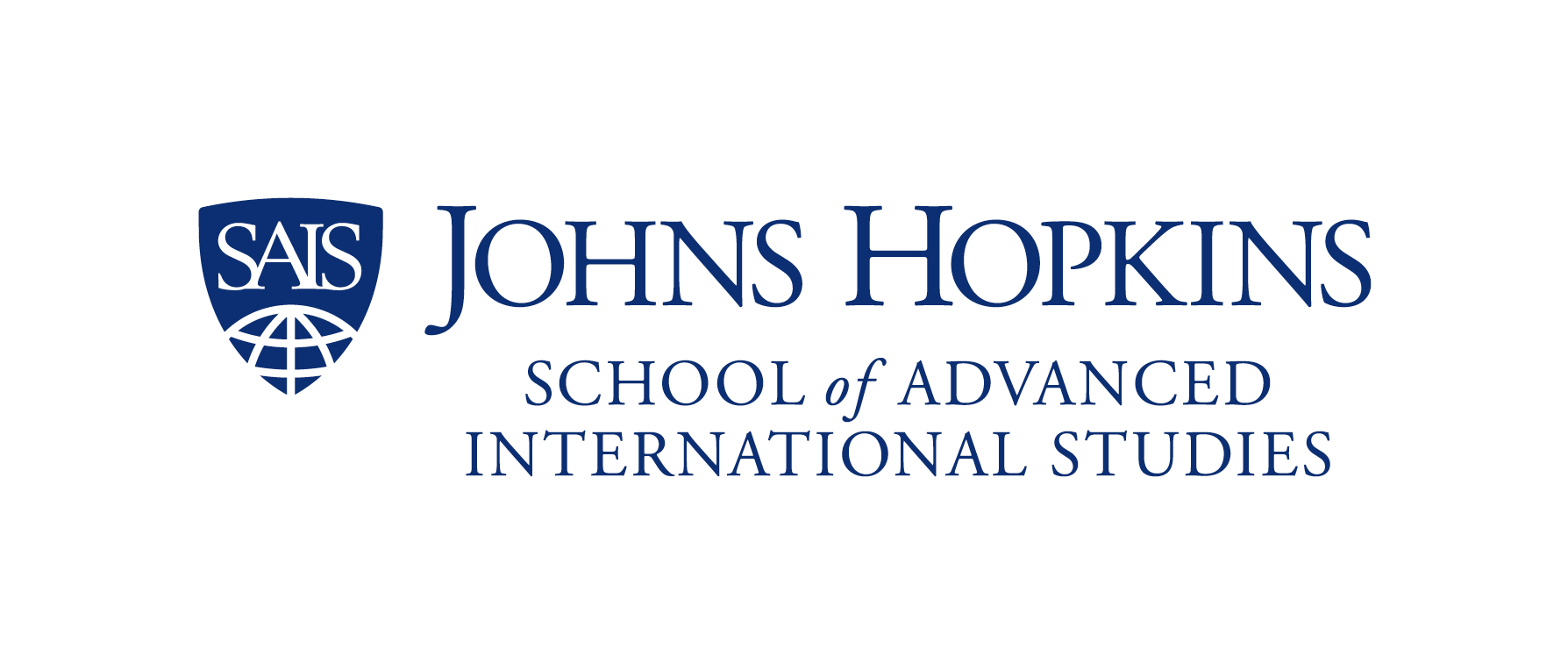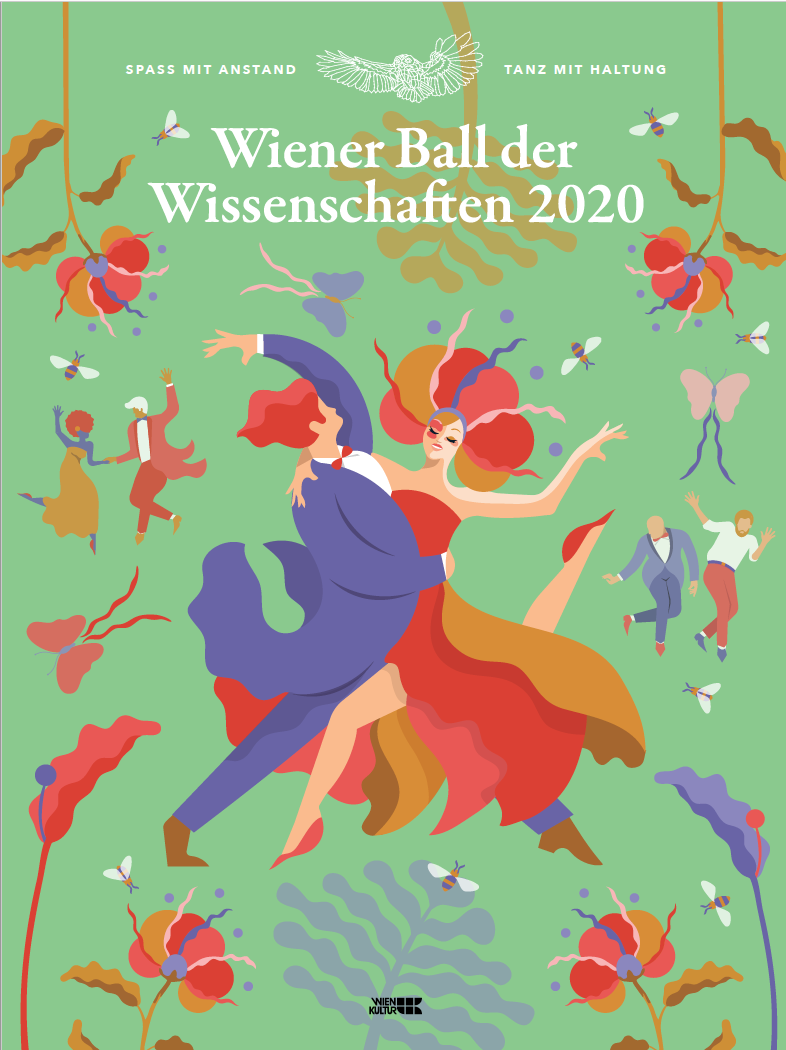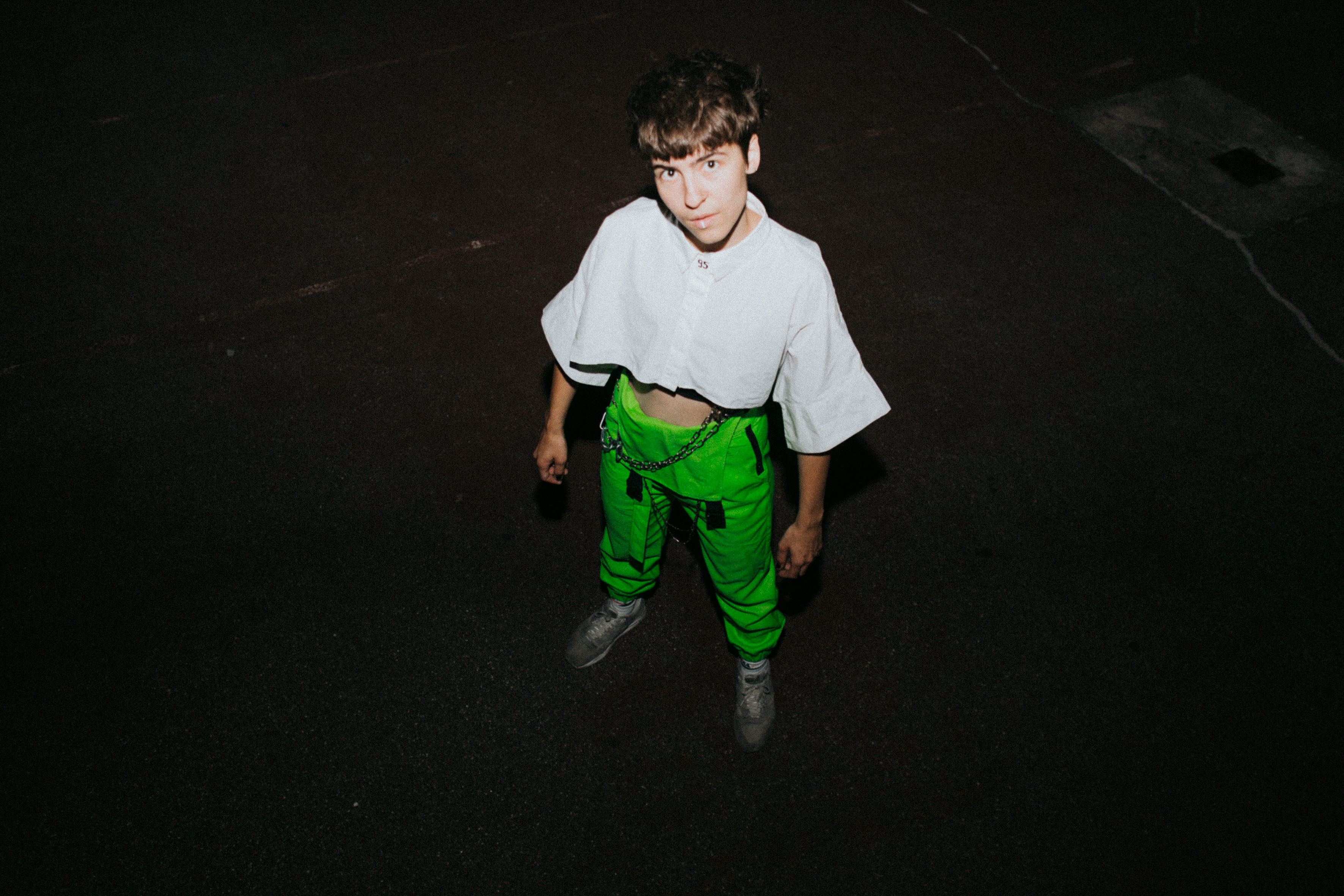
For their 65th anniversary, our friends from Johns Hopkins University in Bologna are visiting the Ball of Sciences again. They left us a message:
“Johns Hopkins University’s School of Advanced International Studies (JHU SAIS Europe) is pleased once again to participate in the Vienna Ball of Science. An essential yearly tradition for SAIS, the preparations at the Bologna Center start early in the fall, not only with planning and purchasing airline tickets but also with taking waltzing lessons. This year almost the entire school is coming to Vienna: approximately 200 students, faculty, staff and alumni are travelling from Bologna to the Rathaus, underscoring the importance of this event for the Viennese academic community.
For many JHU students – hailing from more than 40 countries – the Ball will be their first trip to Vienna and their first in-person encounter with this time-honored tradition. In addition to the Ball, SAIS students will participate in a “Cultural Trek,” touring essential Viennese sites and museums; a “Career Trek” to meet with potential employers; and an alumni event for the Austrian Alumni Chapter, an important group of more than 400 strong.
The Ball is especially significant to SAIS this year, because it is the first event in a year-long celebration of SAIS Europe’s 65th anniversary, with later events in cities throughout Europe and the United States, including Amsterdam, London, Paris, New York, and Washington DC, in addition to Vienna. The spring events will culminate in our Alumni Weekend celebration in May at the SAIS Europe Bologna Center, at which we are expecting 600 former students and guests.
JHU SAIS Europe is an American graduate institution with a strong focus on Europe and European perspectives on global affairs. The school’s mission is to provide an interdisciplinary professional education that prepares a diverse graduate student body for internationally-related positions of responsibility; to foster research, scholarship and cross-cultural exchange; and to contribute knowledge, expertise and leadership to the global community.
Current students study and analyze today’s most pressing international issues, from migration and human rights to renewable energy and cybersecurity. The curriculum is rooted in international economics with a strong focus on regional studies and languages. A unique feature of JHU SAIS Europe is the opportunity it provides its students to study and debate global issues as part of a closely-knit international community with classmates from five continents. The majority of Master of Arts candidates continue their second year of study at the school’s campus in Washington, DC, further broadening their exposure to different ideas and perspectives.
JHU SAIS Europe has always had a special relationship with Austria, the fourth most-represented nationality among the student body, with between four and six Austrian students attending the program each year. Since 2008, JHU SAIS Europe and the Diplomatic Academy of Vienna have offered a dual-degree program in which students can spend one year at each institution.
The Ball of Sciences is a natural fit for university and research communities. JHU SAIS Europe is honored to take part in this event and grateful for the special occasion it offers to continue to build friendships with our Austrian alumni, friends and colleagues.”
Photo: (c) JHU SAIS
P.S.: You can find this and many other texts in our ball magazine, which will be distributed to all guests at the end of the ball and can be found as a pdf online the next morning.






